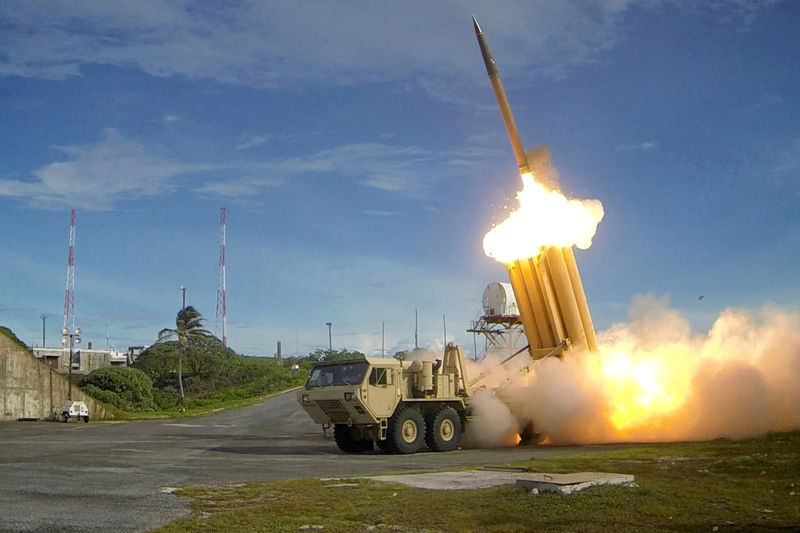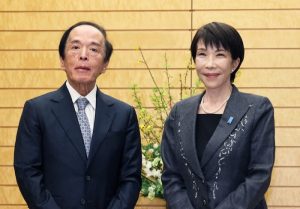Plans by South Korea’s leading opposition presidential candidate to buy an additional advanced US missile system risks economic retaliation from China, his top foreign policy adviser said, but that would provide a chance to “reset” testy diplomatic ties.
Kim Sung-han, who advises Yoon Suk-yeol on foreign policy, also said North Korea is likely to resume weapons testing, but his team aims to devise a roadmap with significant and swift benefits for Pyongyang if it takes concrete actions to denuclearise.
Yoon is the conservative main opposition People Power Party’s candidate to run in the March 9 election, and is leading a tight race against Lee Jae-myung from outgoing president Moon Jae-in’s Democratic Party of Korea.
Relations between Seoul and Beijing have been frayed since the installation in South Korea of the US-made Terminal High Altitude Area Defence (THAAD) system in 2017 to better counter North Korea’s evolving missile threats.
China argued the equipment’s powerful radar could penetrate into its territory, and restricted economic and tourist exchanges, dealing a major blow to South Korea as its biggest trading partner.
The opposition has criticised Moon’s promises of the so-called three “No”s – no additional THAAD deployments, no participation in a US-led global missile shield, and no creation of a trilateral military alliance involving Japan.
Those pledges were made in late 2017 in a bid to appease China and normalise relations.
Scrapping Promises
Yoon, a former prosecutor-general, seeks to not only scrap those promises, but also purchase a new THAAD interceptor battery to deploy near Seoul, together with the existing six sets at the southeastern air base of Seongju, Kim said.
“The economic retaliation continues even now in some areas, but to us, it’s a matter of life and death, and China does not seem to fully understand that,” Kim said in his first interview with foreign media.
Another THAAD installation, which Kim estimated to cost up to 1.5 trillion won ($1.26 billion), may well bring a fresh bout of economic retaliation from Beijing.
But that would be a key element in relations that must be “corrected,” after Moon had turned a blind eye in order to improve inter-Korean ties with Beijing’s help, he said.
“More candid efforts should have been made to promote mutual respect, not just be a nice neighbour,” said Kim, a professor in international relations at Korea University who served as vice-minister of foreign affairs from 2012-13.
“Unless China’s misunderstandings about THAAD aren’t resolved, the relationship would remain superficial and that limits solid cooperation.”
Expanding Alliances
Yoon would want to expand alliance consultations over extended nuclear deterrence, bolster a trilateral partnership with the US and Japan, and also join the “Quad” gathering of the US, Australia, Japan and India, Kim said.
Kim’s team would work to devise a roadmap where North Korea can receive rewards in a speedy manner in exchange for denuclearisation measures.
“I don’t think North Korea would return to the negotiating table for offers of Covid-19 vaccines or food handouts, as they move according to their own clear cost benefit analysis,” he said.
“We would want to give a signal that there would be significant benefits … whether it be sanctions relief or large-scale economic aid, and present that roadmap in his early days in office.”
- Reuters, with additional editing by George Russell
READ MORE:
Instant Noodles the Top Food Amid Pandemic – Korea Herald
Tesla Tweaks South Korea Ads After Probe Faults Batteries
South Korean Online Shopping Grows 21% – JoongAng Daily
























